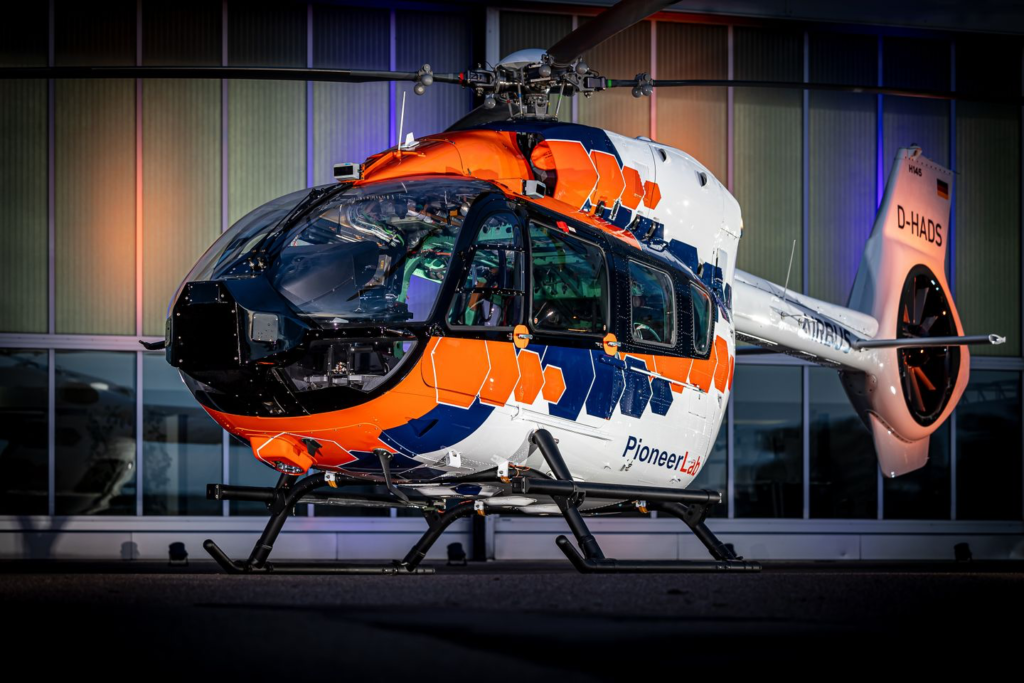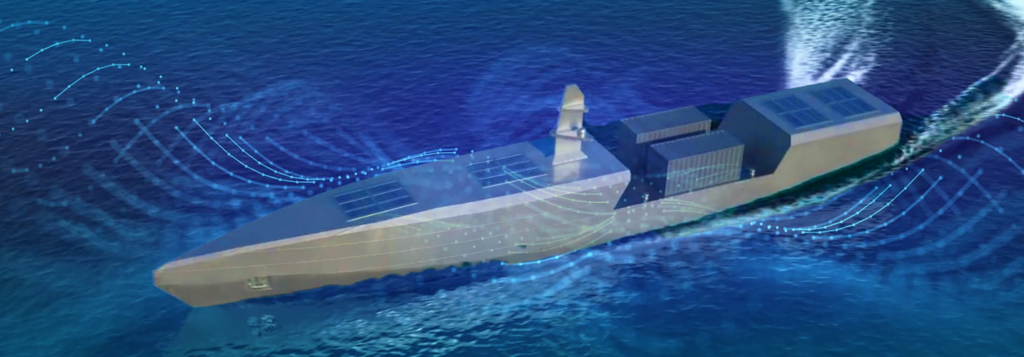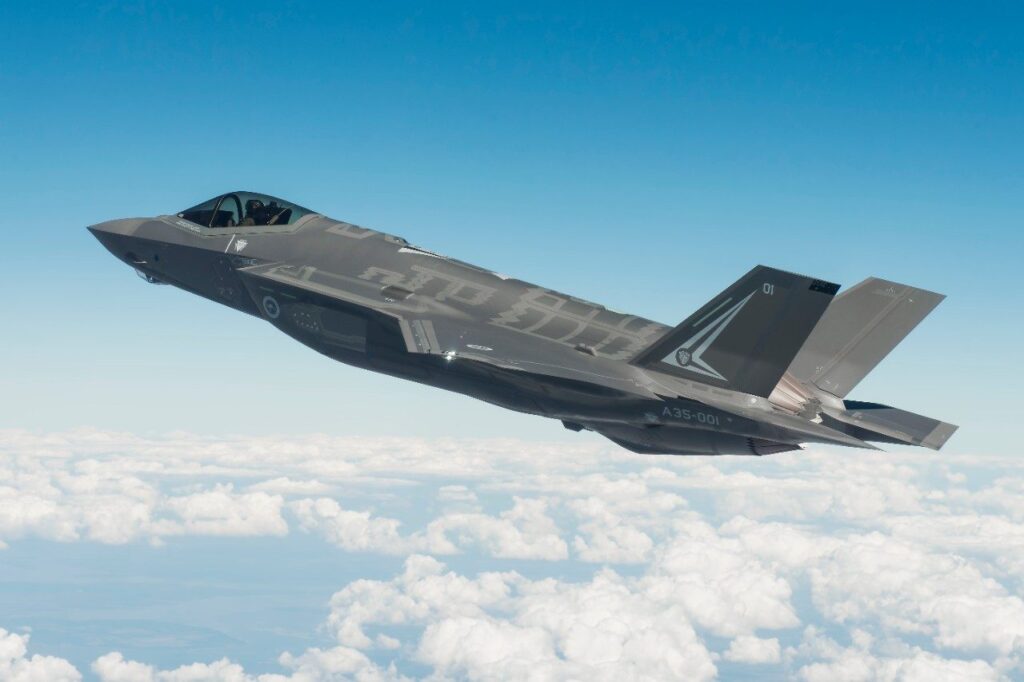Airbus unveils PioneerLab twin engine flying laboratory
Hamburg, Germany, September 25, 2023 - During the German National Aviation Conference in Hamburg, Airbus Group SE (Paris: AIR) Helicopters unveiled the PioneerLab, its new twin-engine technology demonstrator based on the H145 platform. It complements Airbus'…


